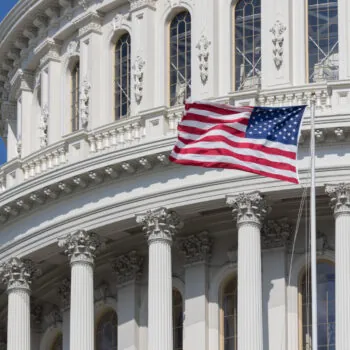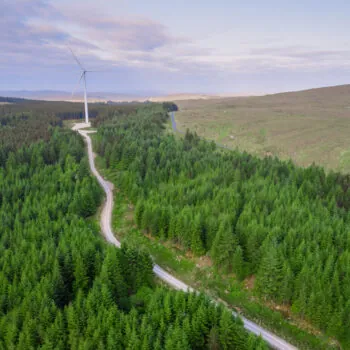Burning cash
It’s hard not to talk about the fires in Australia. A developed economy on a 28 year run of growth, facing costs for damage of over AUS$5 billion, struggling to fund its own public services to manage the disruption. Note the variety of charity events to cover the costs including cricket matches, music festivals, and auctions of memorabilia.
If ever the cost of labour was out of sync with the value to society it is surely demonstrated by the volunteer firemen quelling flames, and environmentalists saving the unique species of plants and animals in Australia.
These fires will have far-reaching consequences that go beyond the country’s balance sheet, not least for food exports and diminished tourism. It looks like it’s falling into the vicious cycle of needing a boost in exports, enter coal stage left, but an armistice with rising temperatures, exit coal stage right. A classic Catch 22, or a nightmarish revolving door?
When a mature and prosperous economy, such as Australia’s, is struggling to cope with the cost of climate impacts then perhaps we should all start worrying. To be fair, we’ve known for a while that climate impacts are a significant risk to our economies and global financial stability. It’s just there’s been a lack of political will to change the rules of the finance game to manage the risk, especially since regulatory changes from the last financial crisis are still embedding. But with every shock, as we see right now in Australia, there is a window for change, and change there must be.
Climate Change and Financial Crisis
In October 2019 the Stanley Center for Peace and Security hosted its 65th Strategy for Peace Conference. E3G’s very own Claire Healy, Programme Leader for Climate Diplomacy, chaired the two-day roundtable on Financial Crisis and Climate Change. At that time we were panicking about forest fires in Brazil as environmental and commercial interests clashed in front of the entire world. The environment lost by a knockout.
The roundtable featured a spectrum of minds and specialisms ranging from the US Green New Deal, to EU Sustainable Finance to South East Asia. The group explored the opportunity for wholesale change presented in the event on financial crisis including regulatory, monetary and fiscal policy changes to create a global financial system robust enough to face a climate challenged world. It culminated in the drafting of a ‘playbook’ for decision-makers which, depending on the type of crisis the global financial system faces, can be tailored to suit a variety of needs, but chiefly the need to create a fairer, more equal society that is resilient to the impacts of climate change. There can be no going back to the solutions of old, like investing in fossil assets to bounce back and make a quick buck. The future is clean investment, fairer economies, and an acute understanding of the materiality of climate risk to capital.
In our draft playbook, due out in the coming weeks, you can find reams of policy suggestions for central banks and governments. Some of these are rough diamonds needing a little refinement, others should be automatic ice breakers the next time you see one of the decision makers we’re reaching out to down the shops. They’re split into three sections:
- Changing the rules for a fair, just and 1.5°C aligned global economy;
- Guiding financial stimuli for green and fair economies;
- Structural changes to end the fossil fuel habit.
Physical climate impacts are worsening and instead of collaborative effort, we’re finding more stalemate and gaming between country leaders. This doesn’t have to be the case. Our playbook shows real action can be taken now to drive change and develop economies at the same time. And it shouldn’t take an economic crisis or even striking schoolchildren to drive that action.
Think of the grand work of the International Monetary Fund integrating climate risk into their macroeconomic surveillance – what on earth would that look like for Australia right now? In the decision-maker circles, think of the Coalition of Finance Ministers, or the Network for Greening the Financial System, as being like the pressure groups which can pull leaders of countries like Australia along, and scale national level economic solutions at pace. They are integral to enacting proposals such as those in our playbook, addressing climate change and developing a better global economic and financial system. Financial Risk is continuing to build in the system, we need interventions now or the financial system will fan the flames.


